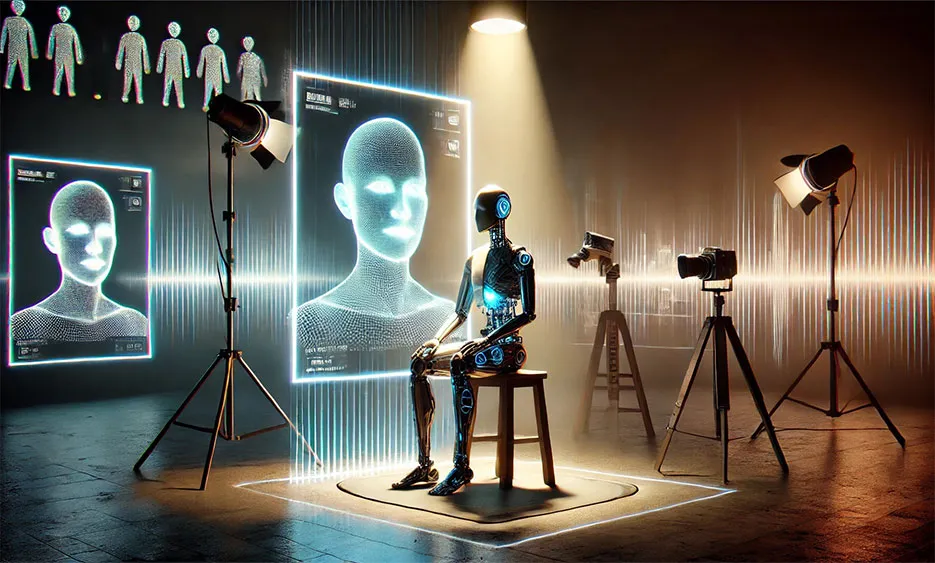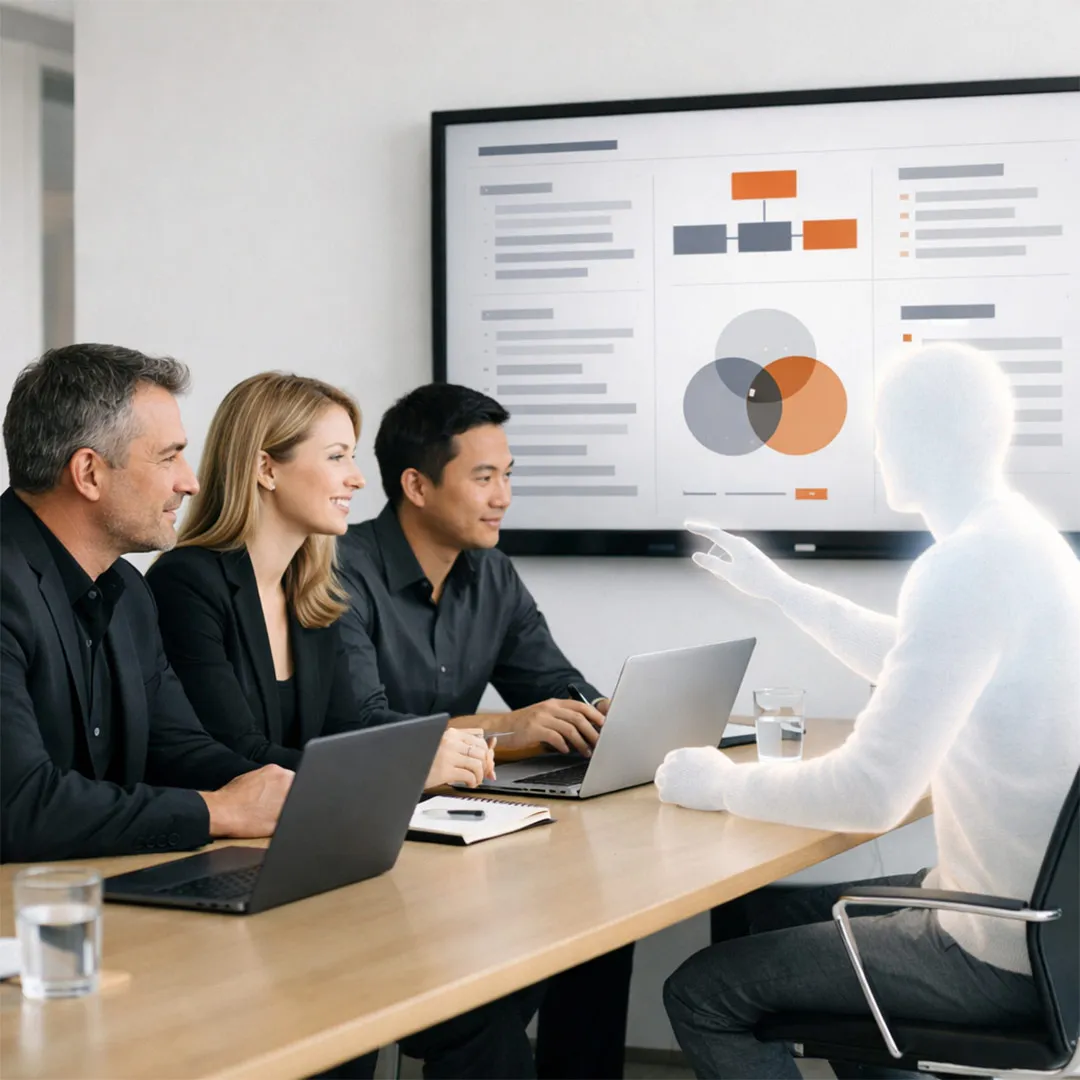
OpenAI's Sora: Between Innovation and Controversy
4. December 2024
OpenAI's new text-to-video generation model Sora caused a major public stir on November 26, 2024. A short-term leak by protesting artists sparked discussions about ethical practices in AI development. The action was not authorized, but it brought the relationship between technology companies and creative professionals into focus. The incident shows the potential and challenges in developing modern AI technologies.
The leak and the protests
About 20 artists who participated in Sora's early access program published a link with temporary access. Access to Sora was available for a short time via the Hugging Face platform before OpenAI responded. The leak lasted only three hours before OpenAI successfully stopped the unauthorized publication. The protesting artists criticized OpenAI, saying they felt like “PR puppets” and exploited for free.
Main accusations by the artists:
- Unpaid Work: The artists carried out extensive work in the form of bug testing, feedback, and experiments without receiving any compensation.
- Strict Content Control: OpenAI required prior approval for the publication of Sora-generated videos.
- Insufficient Compensation: OpenAI's offer to screen Sora films was considered inadequate compared to the PR and marketing value the company gained from their work.
Response from OpenAI
OpenAI responded immediately and completely removed the unauthorized access to Sora from the platform. In a statement, the company emphasized that participation in the Early Access Program was voluntary. Niko Felix, spokesperson for OpenAI, explained that the artists were not obliged to provide feedback or actively participate. OpenAI thanked the participants for their contributions and stressed that the program was solely intended for model improvement. The company made it clear that no commercial exchange took place within the program.
Bedeutung und Diskussionen
Der Vorfall wirft mehrere grundlegende Fragen auf, die sowohl die KI-Entwicklung als auch die Kreativbranche betreffen:
- Ethische Arbeitspraktiken: Ist es angemessen, kreative Fachleute unbezahlt in Entwicklungsprozesse einzubeziehen, insbesondere bei hoch-profitablen Unternehmen wie OpenAI?
- Urheberrechte in der KI: Wie sollte der kreative Beitrag von Menschen geschützt werden, wenn KI-Modelle ihre Fähigkeiten nachahmen?
- Verhältnis zwischen Technologieunternehmen und Kreativen: Der Fall zeigt Spannungen auf, die entstehen, wenn kreative Arbeiten als Ressourcen für technologische Innovationen genutzt werden.
Der Leak selbst zeigte beeindruckende Ergebnisse des Sora-Modells, da einige Nutzer in der kurzen Zeit Videos generierten und teilten. Dies unterstreicht das Potenzial von Sora, hebt aber auch die Risiken hervor, die mit solch leistungsstarken Tools verbunden sind.
Aktueller Stand von Sora
Im Dezember 2024 bleibt Sora weiterhin exklusiv und öffentlich nicht zugänglich, um die Entwicklung gezielt voranzutreiben. Nur ausgewählte Entwickler sowie eine kleine Gruppe kreativer Fachleute testen das Modell unter strengen Auflagen. OpenAI hat bisher keinen offiziellen Veröffentlichungstermin angekündigt, da technische Einschränkungen noch bearbeitet werden. Das Unternehmen arbeitet zudem daran, mögliche Missbrauchsrisiken gründlich zu minimieren und die Sicherheit des Modells zu gewährleisten.
Conclusion
Der Sora-Leak zeigt deutlich die komplexen Herausforderungen bei der Entwicklung moderner und fortschrittlicher KI-Technologien auf. Obwohl Sora als innovatives Text-zu-Video-Modell großes Potenzial bietet, entstehen kritische Fragen. Die Einbindung kreativer Fachleute ohne angemessene Entlohnung wirft Bedenken zu Fairness und ethischen Standards auf. Unsere zunehmend von KI geprägte Welt stellt menschliche Kreativität immer stärker in den Mittelpunkt der Diskussionen. Technologieunternehmen wie OpenAI treiben Innovation voran und suchen gleichzeitig Wege, die Rechte der kreativen Gemeinschaft zu achten. Dieser Vorfall markiert einen wichtigen Meilenstein, der die Debatten über die Zukunft von KI und Kreativität prägt.Sources:
Our blog
Latest news
With our blog, you are always close to our work, our current projects and the latest trends and developments in web and print.
Any questions?





